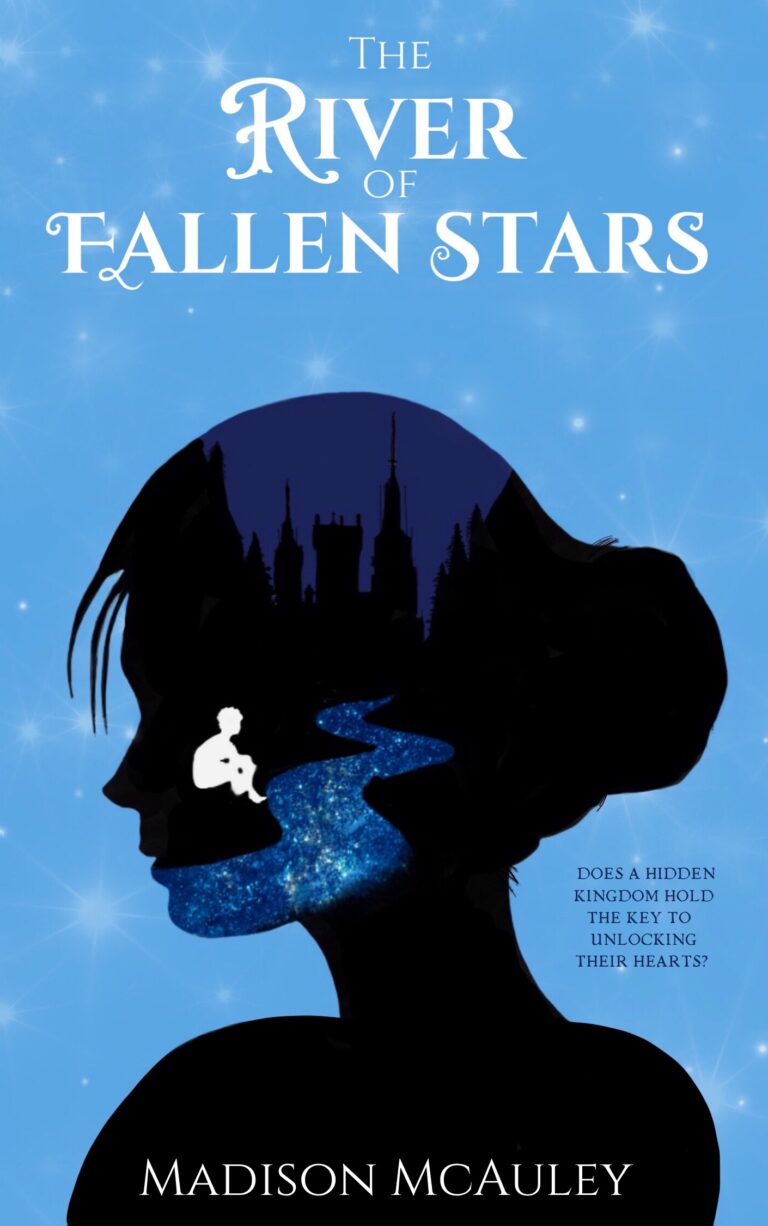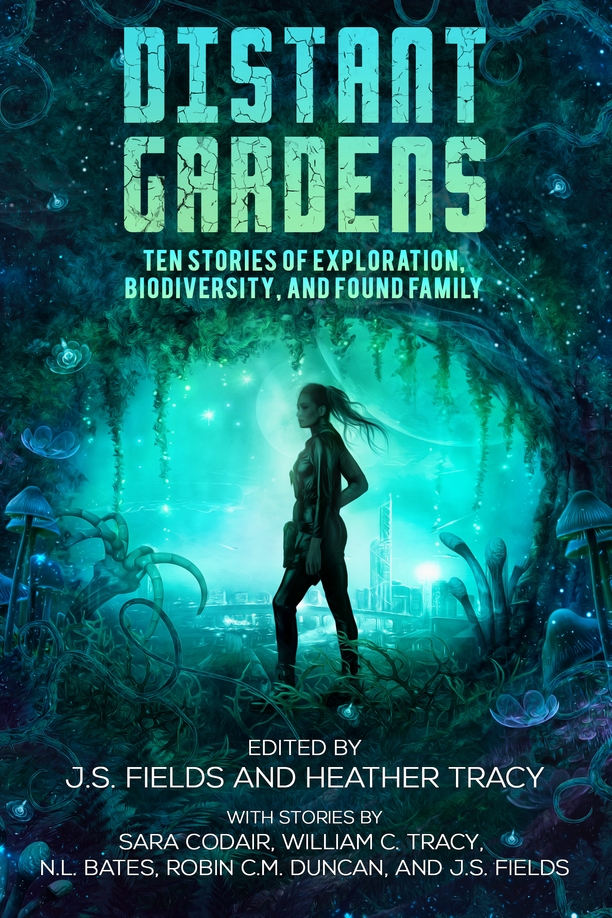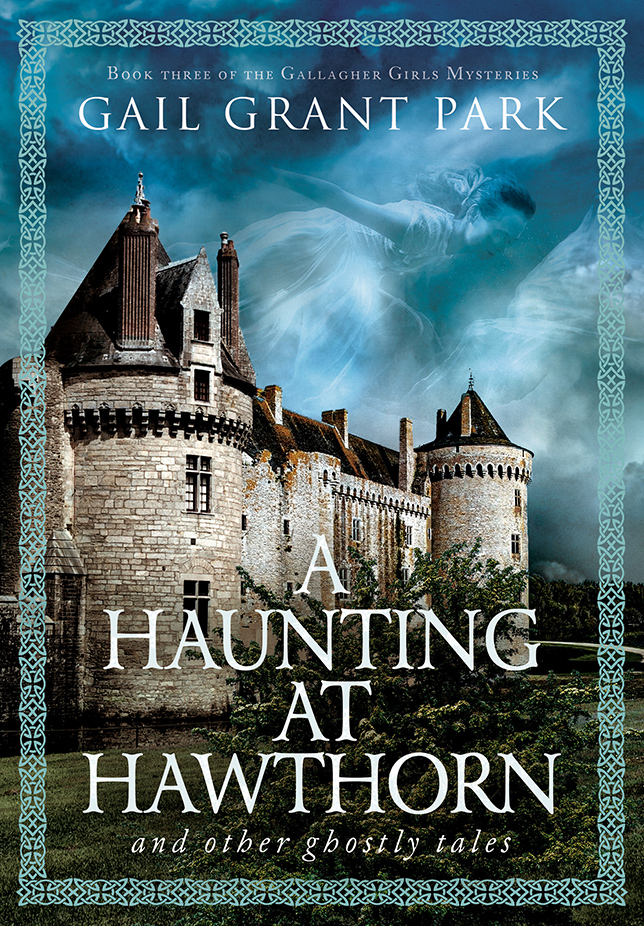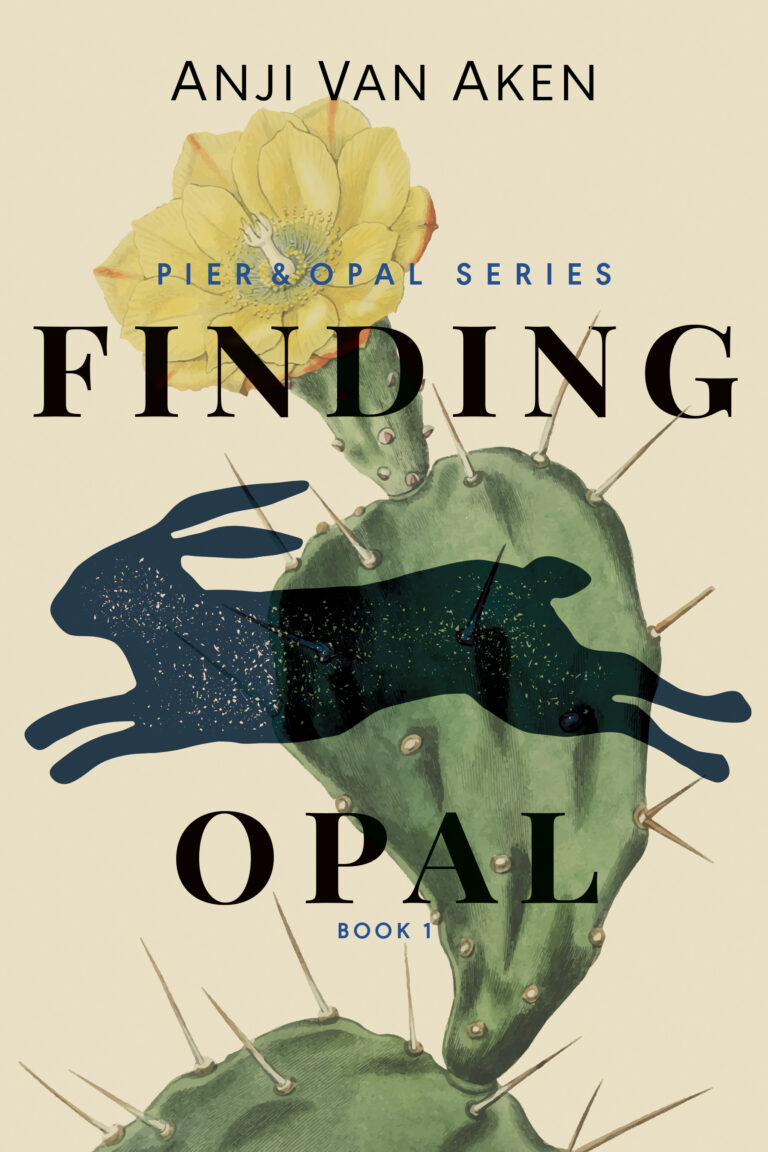In the digital age, where readers often encounter authors online before ever opening a book, the author bio has become a crucial element of an author’s marketing strategy. Whether you’re a debut novelist or a seasoned writer, your bio serves as a bridge between you and your audience. It’s not just a list of accomplishments – it’s your chance to connect, intrigue, and leave a lasting impression.
For new authors who may not yet have a long list of accolades or publications, an author bio can still be a powerful tool. With the right approach, you can showcase your personality, passion, and potential in a way that captivates readers.
Here’s how to craft an engaging and effective author bio, no matter where you are in your writing journey.
Your Bio is a Story – Treat it Like One
A great author bio is more than just a few sentences about yourself – it’s a mini-story that gives readers a glimpse into who you are, why you write, and what makes you unique. Think of it as your first opportunity to tell a compelling tale, one that reflects the same care and creativity you pour into your books.
Just like your novels, your bio needs structure, a clear voice, and a strong sense of purpose. Readers may decide whether to engage with you – or your work – based on the impression your bio leaves. A sloppy or uninspired bio can turn them away, while a polished and engaging one invites them to learn more about you.
Put the same effort into your bio as you would into writing a story. Edit it, refine it, and polish it until every word serves a purpose. A well-crafted bio is a reflection of your professionalism and writing style, so make it count.
For New Authors: Starting with Passion and Personality
Emphasize Your Why
If you don’t have formal accomplishments yet, focus on why you write and what inspires your work. Readers connect with passion and purpose, so share the story behind your storytelling.
Example: “Anna Green has always been fascinated by ancient myths and folklore, which inspire the worlds she creates in her epic fantasy novels. Writing has been her lifelong dream, and she’s thrilled to share her first adventure with readers.”
Highlight Your Strengths
Even if you don’t have awards or past publications, mention relevant skills, experiences, or personal qualities that enhance your writing.
Example for a thriller author: “Mark Brown brings his background in law enforcement to his gripping crime stories, creating authentic characters and edge-of-your-seat plots.”
Example for a children’s author: “Emily James, a former elementary school teacher, uses her love of storytelling to spark young imaginations through playful and educational tales.”
Lean Into Your Aspirations
It’s okay to acknowledge that you’re at the beginning of your journey. Readers often admire new voices and enjoy being part of their growth.
Example: “Nicole Harper is a debut novelist who loves exploring the intersection of history and mystery. Her passion for storytelling and meticulous research have culminated in her first novel, a labor of love she’s excited to share with readers.”
Be Personal and Relatable
Let readers know who you are beyond the pen. Share hobbies, unique interests, or the quirks that make you stand out. This builds a connection with your audience.
Example: “When he’s not crafting spine-chilling horror stories, Tom Carter enjoys tinkering with vintage typewriters and binge-watching classic sci-fi movies.”
General Author Bio Tips for All Writers
Know Your Audience
Tailor your bio to resonate with your readers. A bio for children’s books might be playful, while a bio for a self-help book should convey trustworthiness and expertise.
Use a Professional but Friendly Tone
Even if you’re new to the field, present yourself confidently. Avoid phrases like “aspiring author” and instead use “debut author” or “emerging writer.”
Include a Call to Action
Encourage readers to follow you online, sign up for your newsletter, or check out your latest project.
Example: “Follow Grace Lee on Instagram for sneak peeks at her upcoming novels and tips for budding authors!”
Keep It Short and Sweet
Readers don’t need your life story. Aim for 100-150 words for most bios, with shorter versions for social media.
Update It Regularly
Just as you refine and revise your stories, make it a habit to revisit your bio periodically. As you grow as a writer, gain new experiences, or achieve new milestones, ensure your bio reflects your current accomplishments and voice. An outdated bio can give the wrong impression, while an updated one keeps your audience engaged and informed.
If your author bio needs updating on our website, simply log in to your EDW Author Account and update it accordingly. If you encounter any issues or need assistance, feel free to contact us at conn@editorsweekly.com – we’re here to help!
Crafting Your Bio: A Practical Template
Here’s a structure that works for both new and experienced writers:
- Introduction: Who are you, and what do you write?
- Strengths or Inspiration: What makes you unique as a writer?
- Personal Touch: What hobbies or interests might resonate with readers?
- Call to Action: How can readers connect with you?
Final Thoughts
Your author bio is your chance to make a lasting impression. Treat it like a story – one that reflects your passion, creativity, and professionalism. Polish it with the same care you’d give your manuscript, and make every word count.
Remember to revisit and update your bio as you evolve. Just as your writing grows over time, your bio should evolve to reflect your journey. A well-written and current bio isn’t just an introduction – it’s an invitation for readers to dive deeper into your work.
Have you written your first author bio yet? Follow us on Facebook and Instagram for more insights, and share your drafts or tips in the comments!











